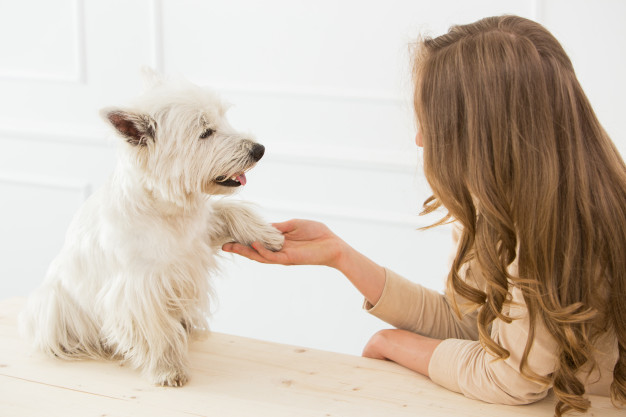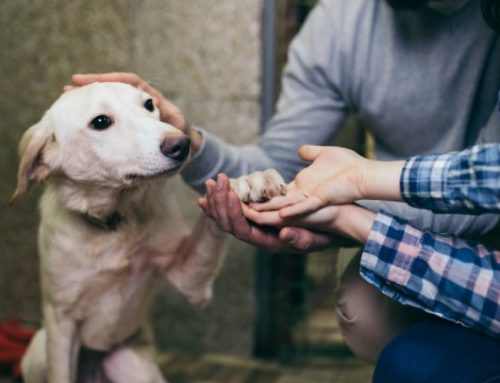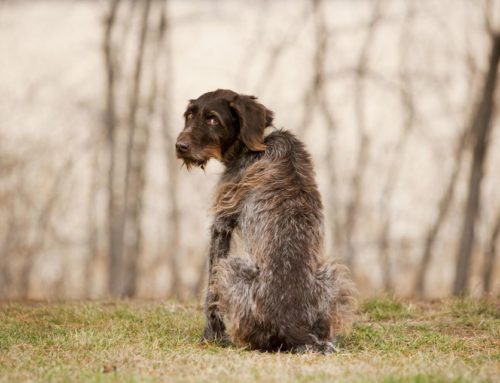Hosting Guests who Have a Fear of Animals
To pet lovers, a fear of dogs and cats can seem like a silly phobia. Hey, animals are part of the family — they share our bed, eat our food (sometimes) and are otherwise omnipresent in our homes.
Not so for people who have anxiety towards animals, or dogs and cats in particular. A fear of animals can develop at any time, and is usually triggered after a frightening incident, like a bite from a dog or a scratch from a cat.
Introductions and Explanations are Key
If you’re aware that your guests have a fear of animals, make sure that your dog or cat is in another room when your guest first enters your home. The last thing you want is your guest to be bombarded by your overly-friendly Doberman who delights in meeting new people. Let your guest settle in and then introduce your furry family member once they’ve relaxed. Keep your pet(s) close to you and read your guest’s body language as you make the introduction.
Double Down on Training Your Pet and Empower your Guests
Any guests with a fear of animals will not want your pets to jump on them or generally share space with them. Even guests who do not have a fear of dogs or cats do not always appreciate being jumped on, licked, or sitting upon furniture with a pet on it. Training your pet not to jump up on people and to listen when you tell them to stay off the furniture is simply good pet ownership etiquette, which can be worked on whether you have guests coming into town or not!
Exercise Away Your Pet’s Energy
If you walk your dog regularly every day, you know they’ll give you a hard time if that scheduled walk is missed. A lot of exercise before company comes over will help to calm your dog, keeping them docile and less excitable around guests. A long hike or a trip to the dog park can be the perfect activity to wear out your pup and keep them chilled out while your guests are around.
Consider Separation Time
Depending on the degree of your guest’s fear of animals, consider separating your human friends from your furry friends during gatherings. Use baby gates in the main areas of the house to give your dog its own space to eat, play, or sleep while still giving them a feeling of being nearby where you can see them. Use a dog run or fenced-in area to give them extra outdoor time. If necessary, you may need to confine your cat or dog to a crate or closed room. Be sure to check on them regularly, give them frequent potty breaks, and plenty of fresh water.






Leave A Comment
You must be logged in to post a comment.